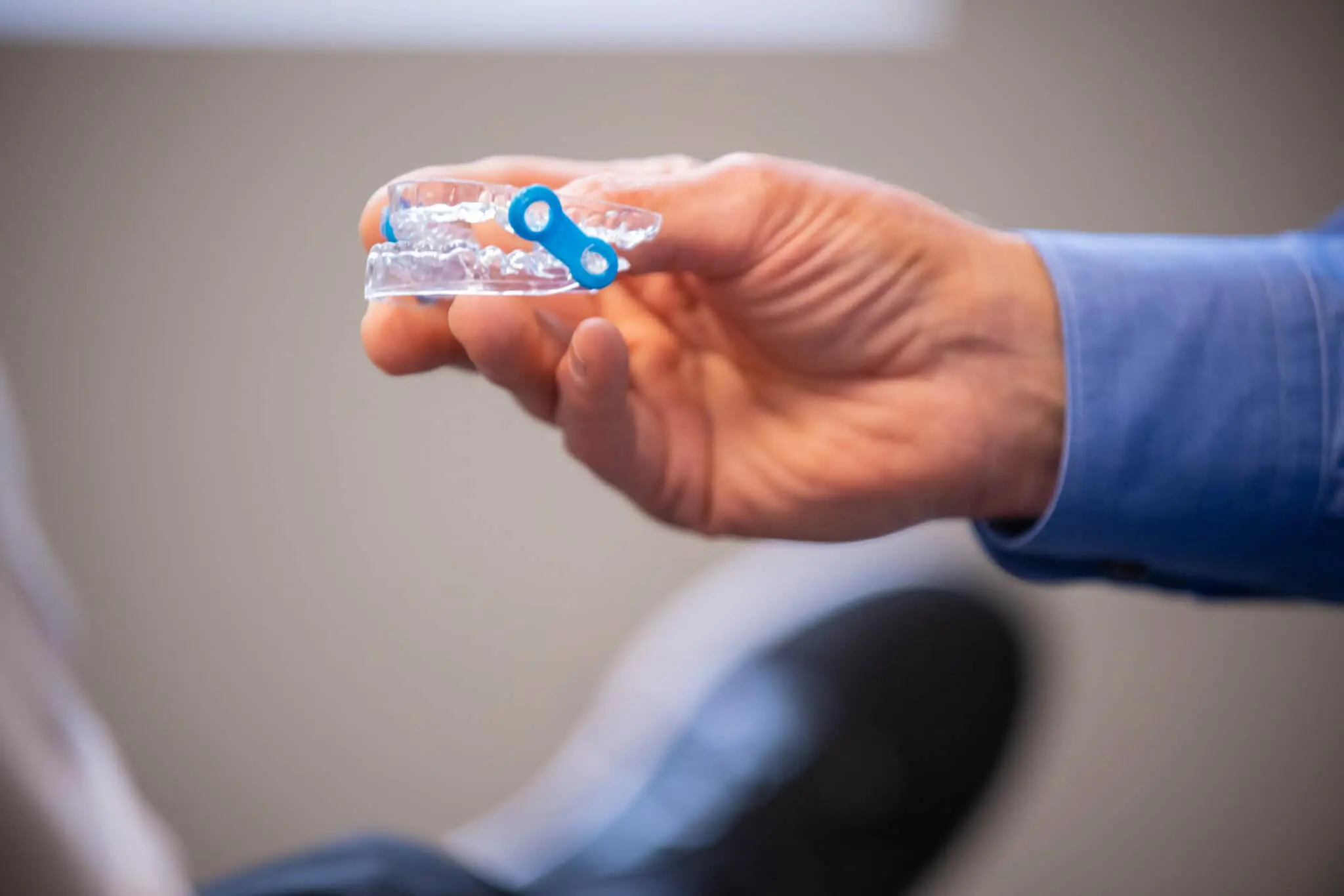Visit Us
When you start showing signs of sleep apnea, those shouldn't be ignored!
Sleep is an important part of life, and it's even more critical for our mental and physical health. Getting a good night's rest can help us focus better, regulate our moods, maintain a healthy weight and improve our heart health. It also helps us fight off infections, improve our skin and eyesight, and control our blood pressure. You wouldn't want to risk any of these benefits by not getting enough sleep - so here are some signs that you might have a condition called sleep apnea that you should know about!
Sleep apnea is a condition where a person's sleeping patterns are disrupted by pauses in their breathing. This can happen many times each night, often without the person knowing it. Most cases of sleep apnea occur when people are sleeping on their backs. When they do this, the muscles in their throat relax and block the air passage to their lungs. This blockage causes an obstruction that triggers arousal from sleep and restores breathing.
The main cause of sleep apnea is when the airway becomes blocked or narrowed while you're sleeping. This blockage causes your airway to collapse, which leads to a temporary decrease in airflow. Sleep apnea occurs most often in people with obesity, who are already at a higher risk for snoring. Other factors that can contribute to the condition include physical abnormalities like enlarged tonsils or adenoids, anemia, allergic reactions due to nasal congestion, and more.
Sleep apnea is considered a chronic condition because it has no cure - but there are ways to manage it so that you can still get enough quality sleep! Treatment options depend on the severity of your symptoms and may include weight loss, jaw surgery, and more. The first step is always to talk with your doctor about any symptoms you might be experiencing - they'll be able to help determine if you're suffering from sleep apnea or another medical issue.
After that you consult with your doctor, give us a call! We'd love to get you fitted for an oral sleep appliance.
Align Orthodontics sleep appliances significantly reduce snoring and signs of sleep apnea in under two visits! Our sleep appliances are life-changing. Dr. M knows first hand, because he has also been a sleep apnea patient.
Sleep apnea is characterized by pauses in breathing or shallow breaths that occur when you're sleeping. This can cause too much carbon dioxide to accumulate in your blood, leading to a build-up of fluid in the lungs and other health issues. The symptoms of sleep apnea include:
A recent study found that people who don't get enough quality sleep are 3 times more likely to die prematurely than those who do. And even if you don't have any of these symptoms, it's important to take care of your mental and physical health by getting enough restful sleep. So if you've been experiencing any of these problems, talk with your doctor!
Simply put - yes they can. Check out our recent testimonials for lives that Dr. M saw changed because of an oral sleep apnea appliance.
A recent study found that people who don't get enough quality sleep are 3 times more likely to die prematurely than those who do. And even if you don't have any of these symptoms, it's important to take care of your mental and physical health by getting enough restful sleep. So if you've been experiencing any of these problems, talk with your doctor!



Sleep apnea is a condition where your throat muscles relax during your sleep, blocking your airway and causing you to stop breathing. It happens at least 5 times within an hour. Many folks treat sleep apnea with a Continuous Positive Airway Pressure (CPAP) machine, which supports the airway by pushing air into it while you're sleeping. There are alternatives, though, and we have a great option for you with one of our night guards which help keep the lower jaw forward during sleep so that the tongue and other tissues don't block the airway.
If you think you may have sleep apnea and want to get tested for it, talk to us about a nightguard that can help you get the best sleep you’ve had in years.
